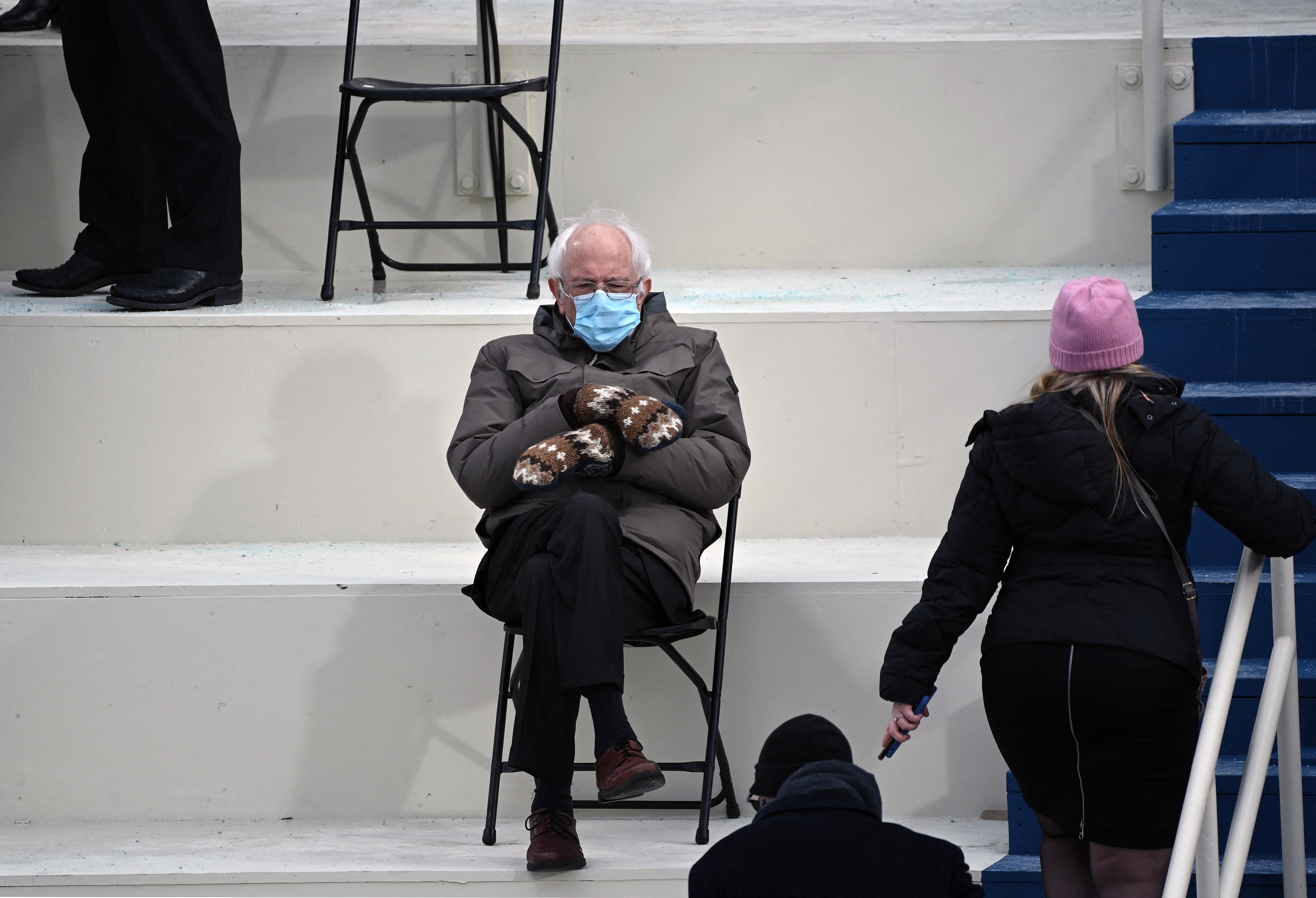The state of Vermont is asking fire departments to consider getting rid of a spray foam now known to pose hazards to waterways and human health.
The state of Vermont is asking fire departments to take a close look at their storage rooms, encouraging them to get rid of a certain firefighting product.
It's a spray-foam mix, known as AFFF, that was widely used for years, but which is now known to pose hazards to water supplies and human health.
"This is all going away," Chief Alex Northern of the Norwich Fire Department said of 34 heavy tubs of firefighting foam mix, some dating to the late 1980s, which could do more harm than good. "We don't want to protect lives and property with something that may injure them."
Many departments long stocked the AFFF foam, for emergencies involving flammable liquids or explosive vapors. It would help them smother fires efficiently.
But over time, concern grew about chemical ingredients' impacts on water and human health.
There are compounds in many older foams that can remain for decades in the ground, where they could creep into drinking wells.
Depending on exposure, medical research has linked those substances, known as PFAS, to a range of conditions — including certain types of cancer.
Vermont
The latest news from around the state
Norwich simply shelved the stuff a few years ago.
The problem came into focus earlier this year in Vermont, when chemicals were found in the water system near the Rutland airport.
The suspected source of that contamination was firefighting foam, according to the Vermont Department of Environmental Conservation.
"We're really looking out for our waters in this state," the department's Mike Nahmias said.
The DEC is teaming with the Vermont Division of Fire Safety to help fire departments dispose of old foam — free — and to recommend new approaches.
Smaller amounts can be brought to hazardous waste drop-off sites and larger hauls, like Norwich's, will be picked up and incinerated.
According to the Vermont Department of Environmental Conservation, fire departments with less than 220 pounds of foam (approximately five 5-gallon pails) can make appointments to drop the containers off at any of the following locations:
- The Chittenden Solid Waste District environmental depot in South Burlington: 802-865-4663
- The Addison County Solid Waste Management District's Middlebury hazardous waste center: 802-388-2333
- The Rutland County Solid Waste District's hazardous waste depot: 802-775-7209
- The Northeast Kingdom Solid Waste District's recycling center in Lyndonville: 802-626-3532
- The Northwest Solid Waste District's recycling center in Fairfax: 802-524-5986
Fire departments with more than 220 pounds of foam mix should contact DEC's Waste Management & Prevention Division at 802-828-1138 for more information on how to arrange for disposal.
"This is an opportunity for them to get rid of these large quantities of foams that they have, and then replace them," Nahmias said.
The Burlington Fire Department told necn it now stocks a different, newer foam for responses involving flammable liquids.
That foam's formulation is said to break down easier in the environment, but still, Burlington would bring it out only when it's really needed, noted Deputy Chief Peter Brown.
"You have to make changes as time moves on," Brown said of fire departments' approaches to changing what they work with. "When you learn something — when there's a problem — you fix it."
The free foam collection program runs through Oct. 8, Nahmias said.
The state expects many departments to take advantage of the take-back offer, saying any pledge to protect their communities should extend to the substances they put into the environment.



